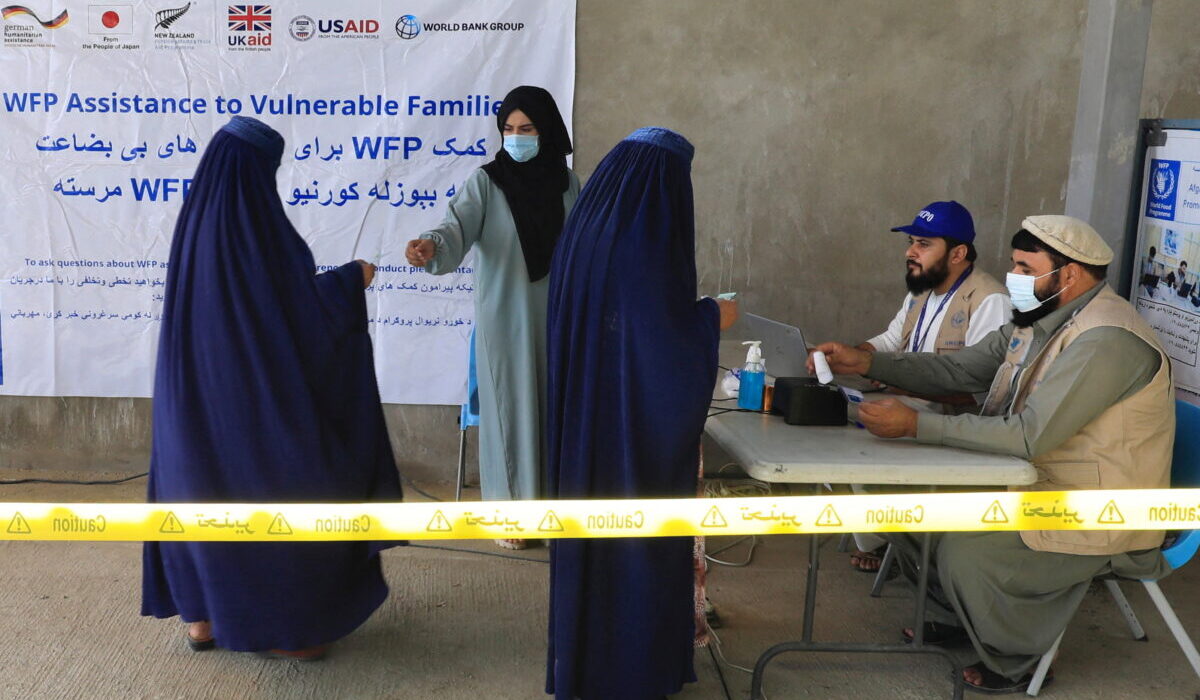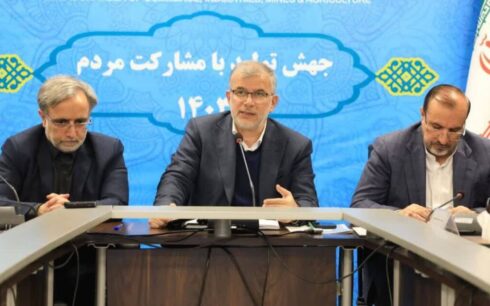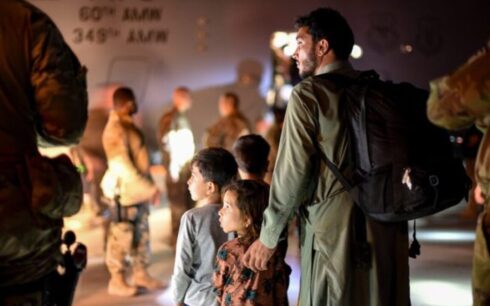KABUL, Afghanistan — Nearly 89 percent of Afghan households prefer to receive humanitarian aid in the form of cash, allowing them to prioritize essentials such as food, medicine, and winter supplies, according to the UN Office for the Coordination of Humanitarian Affairs (OCHA).
“In 2025, humanitarians aim to assist 1 million vulnerable households with cash,” OCHA Afghanistan said in a statement on X on Wednesday, emphasizing that direct cash support provides families with a greater sense of dignity and choice.
The announcement comes amid rising concerns over the suspension of U.S. foreign aid, a decision that humanitarian organizations warn could have dire consequences for Afghanistan and other crisis-affected regions.
On his first day of his second term in office, President Donald J. Trump signed an executive order halting U.S. foreign aid, a move that has drawn criticism from the international community.
In response, Secretary of State Marco Rubio said that, while the review of U.S. foreign assistance is underway, he has approved an additional waiver allowing life-saving humanitarian aid to continue. However, it remains unclear how long the broader suspension will last or what long-term impact it may have on aid-dependent countries such as Afghanistan.
Humanitarian groups have repeatedly stressed that Afghanistan, where two-thirds of the population requires aid, remains highly vulnerable to food shortages, economic instability, and extreme winter conditions. The U.N. and other organizations continue to push for sustained funding to prevent further deterioration of the crisis.





